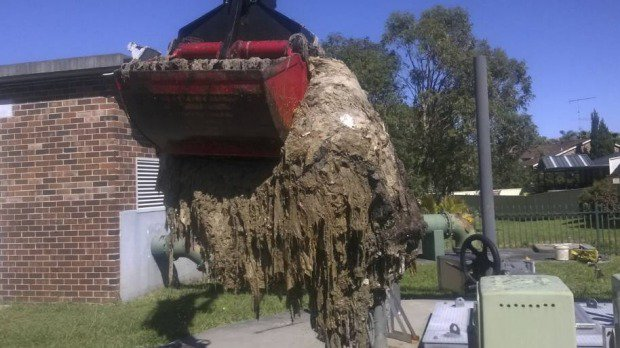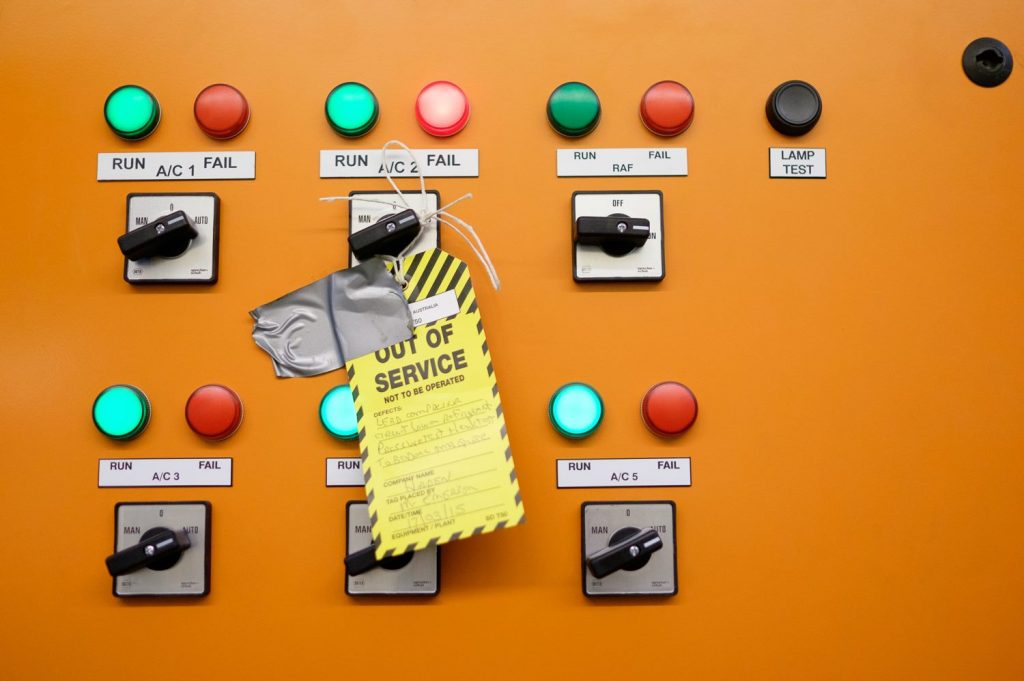Plant operators are responsible for operating heavy machinery and equipment that is used in industrial and manufacturing processes – otherwise known as plant. Some of the tasks a plant operator might complete include digging trenches, excavating, crushing rocks and transporting materials.
These operators may specialise in the operation of a specific plant type or might develop their skills with a variety of equipment and machinery over the course of their career. The role is heavily reliant on operation and control, making it a suitable career path for physically capable individuals who enjoy completing practical, hand on tasks.
What to expect as a plant operator
Plant operators are commonly faces with the following responsibilities:
- Preparing and positioning machinery prior to operation
- Choosing, fitting, operating and removing any attachments
- Using controls to perform tasks safely and efficiently
- Maneuvering machinery to, from and around work sites
- Monitoring gauges and controls to ensure machinery is operating correctly
- Working from drawings, specifications and verbal instruction
- Cleaning, lubricating, servicing and refueling machinery
- Performing minor repairs if and when required
The work of a plan operator is mainly conducted outdoors, so weather conditions and other aspects of the physical environment can have a significant impact on the job. Plant operators can be employed in construction, mining, agriculture and a variety of other industries. Due to the nature of these varied working environments, there is a strong and necessary emphasis on safety, observation, alertness, communication and efficiency.

Education and Training
There are two main pathways to a career in plant operations, both of which are suitable options in different circumstances. The first pathway is by furthering your existing building and constructing career in the direction of plant operations. Many people who are already employed enter the industry by earning a Certificate III through a traineeship or apprenticeship, which involves both hands on training and some theoretical education. While there is no formal prerequisite for this pathway, you are typically expected to have completed year 10 as a minimum. Individuals who are already employed can also undertake on the job training and assessment to earn qualifications for operation of a specific type of equipment or machinery.
It is important to note that each state and territory has unique regulations outlining the requirements of becoming a plant operator.
Job Opportunities
Plant operators are required on all sorts of projects in a wide variety of industries, and people working those roles almost always work full-time. Because of the variety of roles, there are opportunities with private and public entities in both urban and rural areas all over Australia. Depending on the size of the project or the company you work for, it’s possible to find opportunities for promotion to more senior roles in plant operation – especially when additional training is completed.
Interested in studying for your Certificate III with us? Check out the CWBTS courses here or phone our team on 1300 4 CWBTS.





